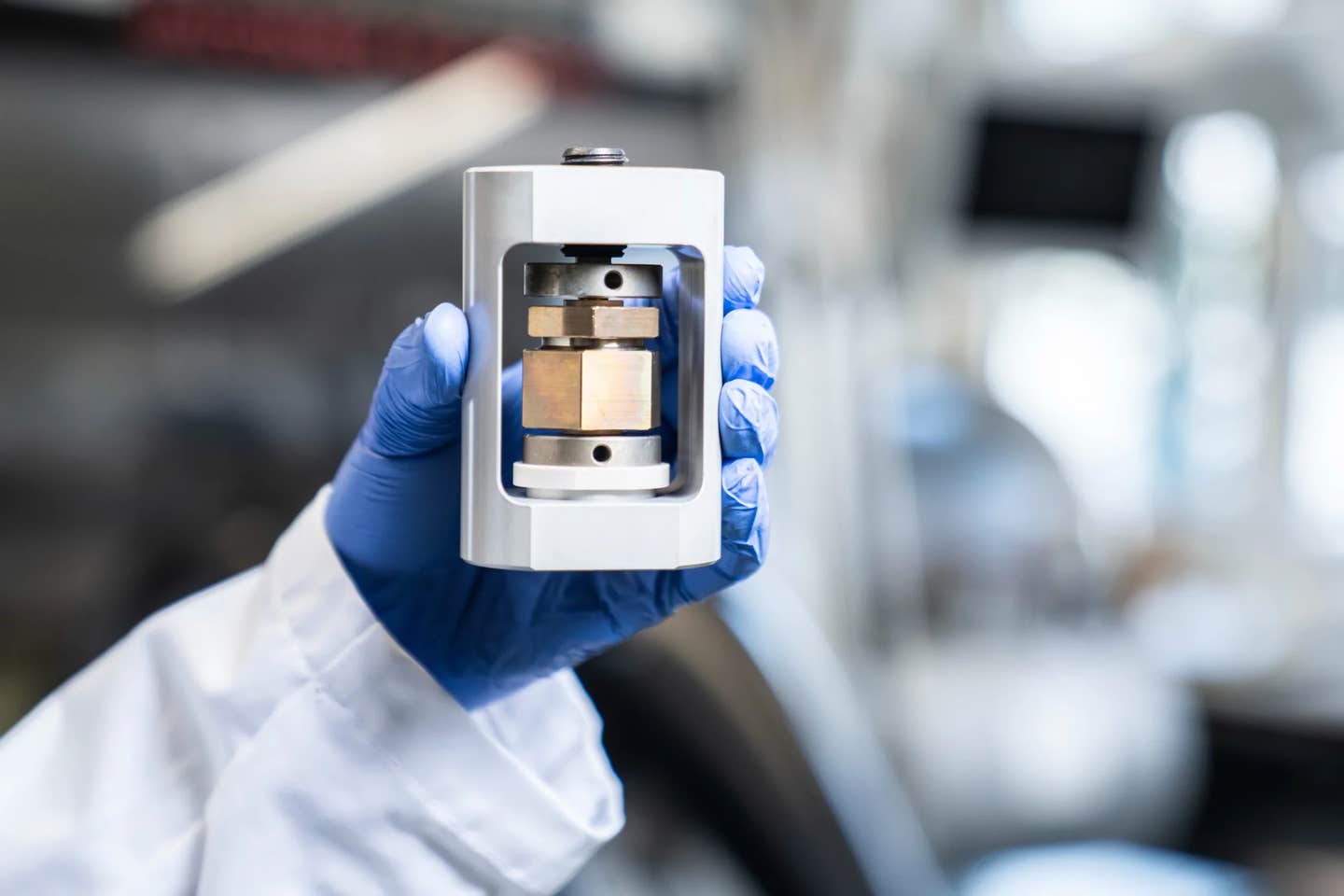How Ships Could Produce an Unlimited Amount of Their Own Fuel
[July 17, 2020: Popular Mechanics] Scientists have taken a major step by improving a process for turning seawater into hydrocarbons. The…

[July 17, 2020: Popular Mechanics]
Scientists have taken a major step by improving a process for turning seawater into hydrocarbons. The barebones of the technology has existed since a landmark 2014 paper, but scientists have worked since then to make the process energy-efficient and affordable enough to use at scale in the field. This work could be a step toward that threshold.
The idea of seawater fuel is very simple. Ships can collect seawater to catalyze into fuel, and they already have pumps on board to return the waste water. If ships are self-sufficient with the ability to produce a virtually unlimited amount of their own fuel, they’re not just environmentally sound—they’re free to stay at sea for much longer times, especially during some kind of unforeseen emergency.
The reaction at play here is called reverse water gas shift, and it’s used in this context to turn carbon dioxide separated from regular seawater into carbon monoxide that can be synthesized into hydrocarbons. To do that, scientists use a reactive catalyst made of molybdenum carbide, a compound of extremely high-melting molybdenum and carbon.... MORE



